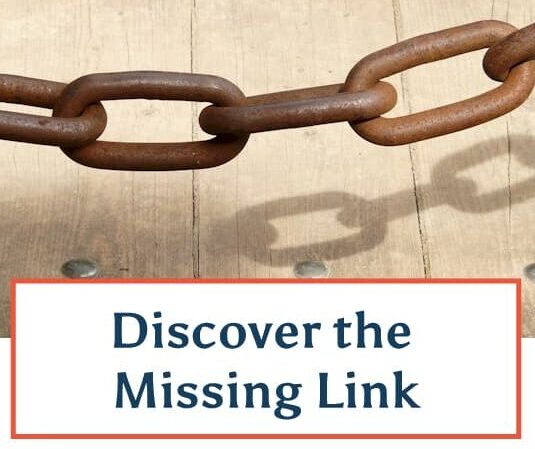There are hundreds, if not thousands, of hosting companies out there. They come in all price ranges, and with all kinds of bells and whistles. Here are some things you may want to look for in a hosting company, especially if your website is part of your overall marketing plan to sell products or services.
- Money Back Guarantee – I put this first, because if you are unhappy with your hosting site, you’ll want assurances that you’ll get your money back.
- 24/7 Customer Technical Support – This is critical. Find out if they mean “there’s voicemail or email 24-hours-a-day” or if they mean, “we will answer the phone and help you 24-hours-a-day.”
- Control Panel – The Control Panel where you control all aspects of your account, such as managing email accounts, reading statistics, and configuring autoresponders. Make sure your hosting company has a centralized control panel for your management needs and make sure it’s easy to use. (Some of them are so poorly designed, its a wonder that a hosting company would have the nerve to even show it to their customers.)
- Website Statistics – From a marketing perspective, it’s important to know who is visiting your site and what pages they read. Your hosting company should keep track of all of this information for you, and present it in an easy to read format. Make sure your statistics are updated on a daily basis, and that you can configure the display to show you by day, by week, by month or by year. You can learn more about how to read and interpret your statistics here.
- CGI – CGI stands for the “Common Gateway Interface” and is a protocol through which web pages interact with scripts on a server. Your hosting company should allow you to install and run CGI scripts in your account. They may also offer you some pre-installed CGI scripts for free as part of your hosting package, such as a message board or email forms.
- Email Accounts – An email account hosted on your own domain. Your hosting company should allow you to have more than one email address so you can set up email addresses for all your needs. For example, clients requesting information about a workshop can send email to workshop@mydomain.com, while clients can send their homework to homework@mydomain.com. Also, make sure your hosting company support email forwarding.
- Autoresponders – Autoresponders allow a visitor to send an email to a specific email address and automatically receive a reply. For example, if you have a FAQ, people can send an email to faq@mydomain.com and automatically receive the FAQ list in their email inbox.
- SSL Secure Server – SSL stands for “Secure Socket Layer”. This is a protocol that allows for encrypted transmissions on the web, and is especially useful if you are collecting private information from visitors, such as credit card information, or running a shopping cart from your e-commerce site.
- Shopping Cart – If you plan on selling services and products on your site, like selling your consulting services or video tutorials, a shopping cart is a must. It lets people browse through your “store” and pick the items that they plan to purchase. When they are done, they proceed to the checkout where they can review their order and pay by credit card. If your hosting company does not offer a shopping cart system, there are plenty of stand-alone shopping cart systems you can use with your website.
- Password Protected Areas – If you want to create a “members only” or “students only” section of your site, you will need to make sure that your hosting company supports password-protected areas (folders or sub-webs).
- Mailing List Software – Keep your users informed by offering to put them on the mailing list. Make sure your hosting company supports double-opt-in mailing lists, where the person signs up and receives a confirmation email that instructs them how to officially sign up for your mailing list. If your hosting company doesn’t offer this service, there are other service providers who do — at all different service levels to fit your needs.
- Multiple Data Center Locations – Does the hosting company have backup sites around the country? If not, and the power goes down or a hurricane floods their data center, what happens to your site? This can also increase your site speed, which increases your SEO rankings.
- Hard Disk Space – if your site is extensive and has lots of audio and video files, you need to be sure that you can store all of them on the hosting server. In addition, bandwidth may be an issue if you’re streaming audio or video, so check that out as well. You may choose to stream media from companies dedicated to that, rather than through your website hosting company.
As you can see, there are a lot of things to consider. While some of these may not be important to you now, you’ll also want a hosting company that can grow and support you as your business grows.

 Behold, The Power of Manure
Behold, The Power of Manure
